Keywords: National Disability Service
-
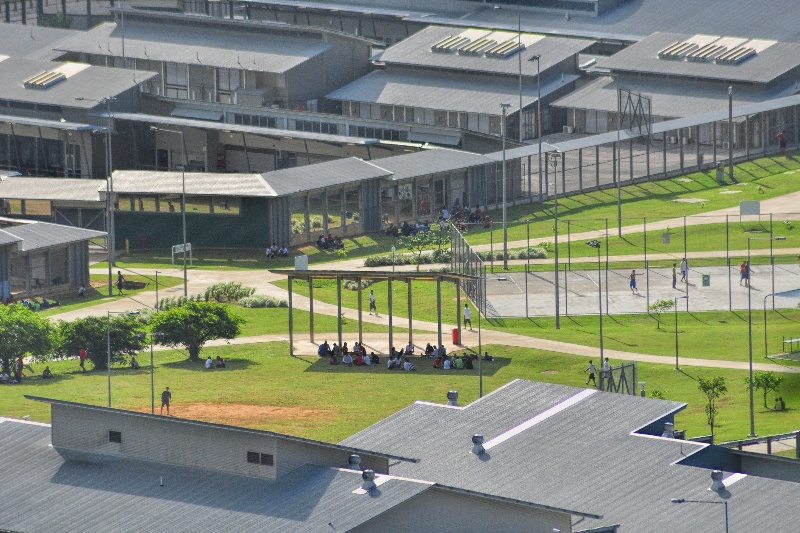
AUSTRALIA
- Zaki Haidari
- 23 March 2021
9 Comments
I am a refugee from Afghanistan, and I belong a minority ethnic group, the Hazaras. We have been persecuted for a long time because of our ethnicity, religion and values. In 2012, I was forced to leave Afghanistan. I was 17. Back home, my father was a medical doctor. The Taliban accused him of working with international armed forces in the country at the time. One day the Taliban took him away, and nobody has seen him since.
READ MORE 
-
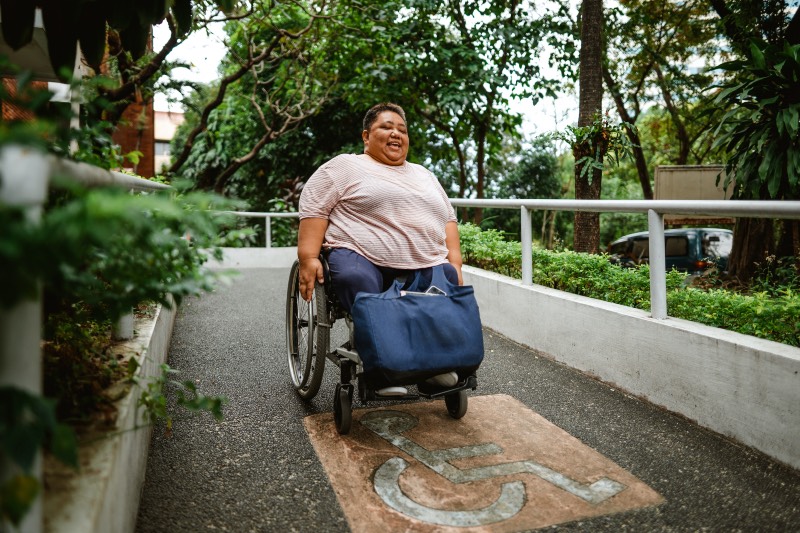
AUSTRALIA
Right now, there is a fight on for the future of the NDIS. On one side is the Federal Government, determined to have total control over the Scheme, and to change its very fundamentals. On the other side are disabled people across Australia, disability advocacy organisations, allied health workers and disability service providers, urgently telling them to stop.
READ MORE 
-
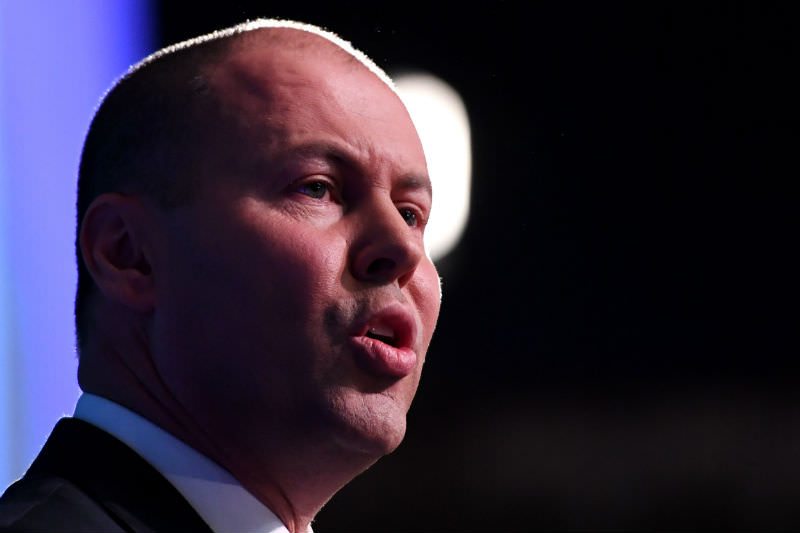
ECONOMICS
- Joe Zabar
- 24 September 2020
3 Comments
The havoc COVID-19 has wreaked on our economy has been less damaging than for some other countries. While international comparisons may help us feel better about our circumstances, the reality is that Australia’s economy is in trouble and will need more than economic first aid through measures like JobKeeper to get us back on track to recovery.
READ MORE 
-
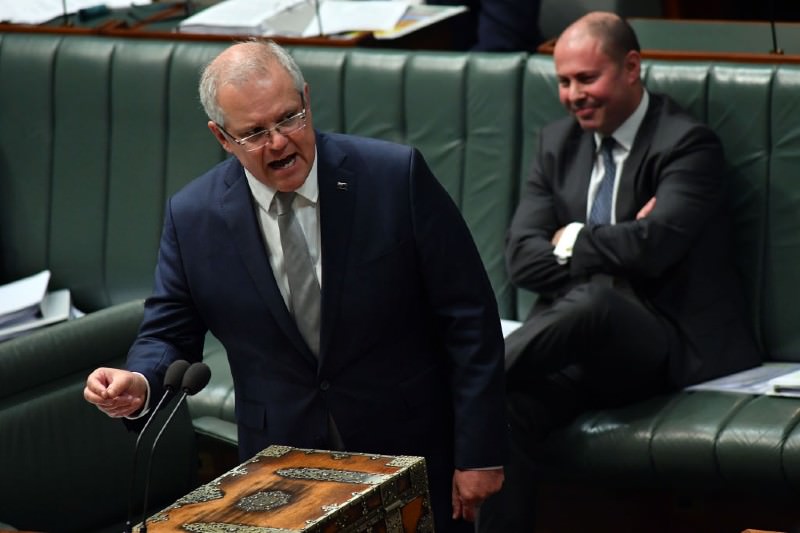
AUSTRALIA
- Andrew Hamilton
- 02 July 2020
3 Comments
Government must respect the human dignity of people who are often regarded as a burden on society. Seen from this perspective the JobSeeker allowance is deceptively named. It conflates two distinct though related responsibilities of government: to promote participation in the workforce by matching jobs available to people seeking them, and to provide for those who cannot work.
READ MORE 
-
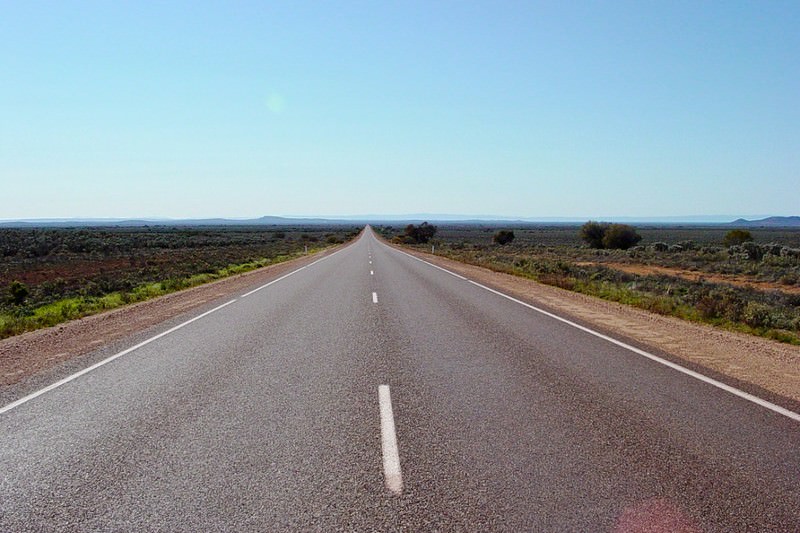
AUSTRALIA
What is often not expected or well understood is the effect of ‘lag time’ aftershocks in our regions following economic crisis. Lag time is an attribute of some rural, regional and remote communities and is most often seen in economically path dependent and single industry communities, many of which of course, comprise RRR Australia.
READ MORE 
-
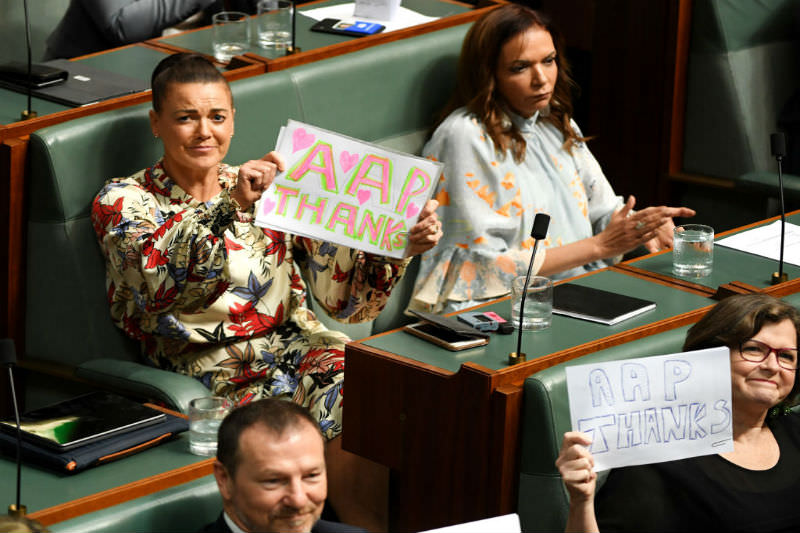
MEDIA
- Isabelle Oderberg
- 13 March 2020
6 Comments
Most restaurants don’t grow all their own food. Of course, they can and may grow some produce, but their expertise is on the preparation, cooking and plating of the dish. They look to farmers to supply the raw ingredients. This is a pretty good analogy for the role of the national newswire, Australian Associated Press (AAP), which will be closing mid 2020.
READ MORE 
-
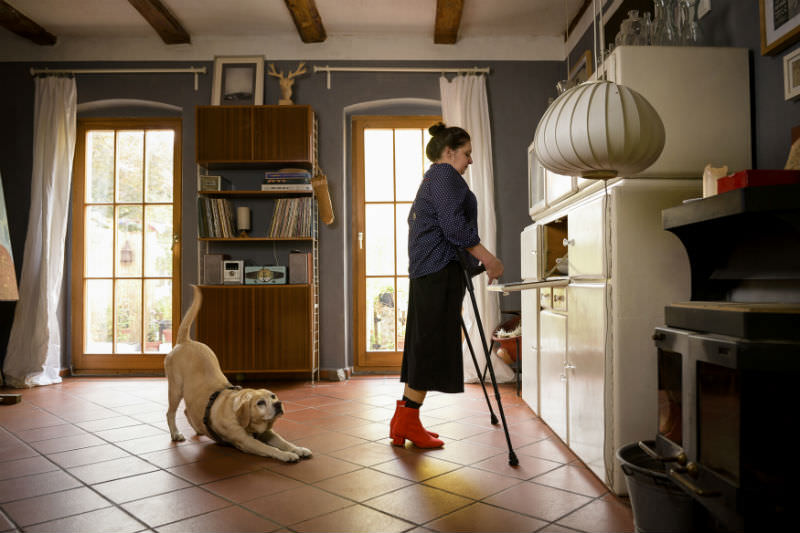
AUSTRALIA
- Helen Burt
- 10 February 2020
5 Comments
My personal experience during the first 18 months of involvement with the NDIS, was frustrating and particularly deflating for someone who had written submissions and emailed politicians and understood the potential of the scheme. My only contact seemed to be with an immovable, impossible-to-navigate bureaucracy determined to stand in the way of me receiving any support I was promised.
READ MORE 
-

AUSTRALIA
The latest underspend of the NDIS budget has reached the eye-popping amount of $4.6 billion. Every single one of these dollars is a dollar not getting to disabled people. Every single dollar represents change not being delivered. It's a door being closed, a phone call not being answered. This is getting worse, not better.
READ MORE 
-

MEDIA
Without audio description, 357,000 Australians are excluded from a world of social interactions that are continuously evolving around a plethora of drama, comedy and romance; from a pop culture language that stems from fictional characters glorified in sweeping epics like Games of Thrones and a multitude of other popular series.
READ MORE 
-
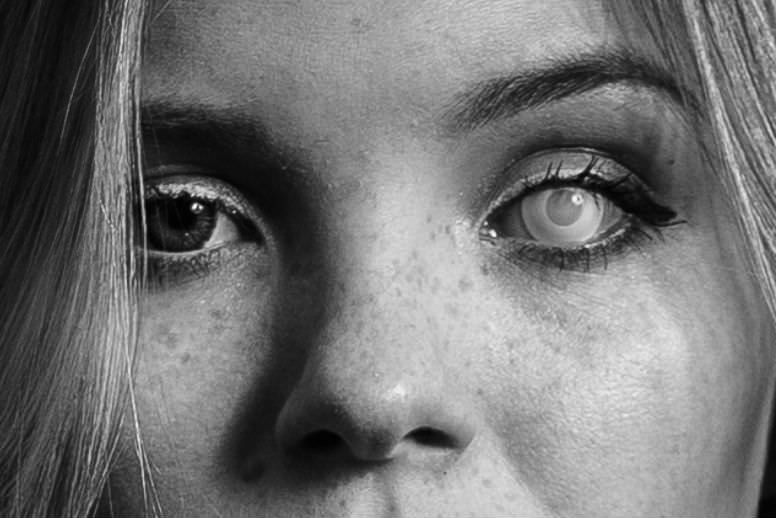
AUSTRALIA
- Justin Glyn
- 06 March 2019
3 Comments
Last month, Parliament mandated a royal commission into the treatment of people with disabilities. Now we hear it will not proceed before hearing from all states and territories. People with disabilities are most in need of strong centralised protections. The federal government, while giving with one hand, has been taking with the other.
READ MORE 
-
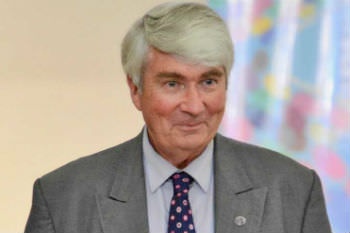
RELIGION
- Frank Brennan
- 18 February 2019
'We can do this better by breaking down the silos and binding together our concern for nature, justice for the poor, commitment to society, and interior peace.' Opening Keynote Address by Fr Frank Brennan SJ at the Catholic Social Services Australia National Conference, Port Macquarie 19 February 2019.
READ MORE
-

AUSTRALIA
Health spending takes up a significant amount of federal and state government spending. But is this to keep Australians healthy, or to treat us when we get sick? The budget was a missed opportunity to invest in preventative health measures, and to fix health inequalities through policies informed by the social determinants of health.
READ MORE 